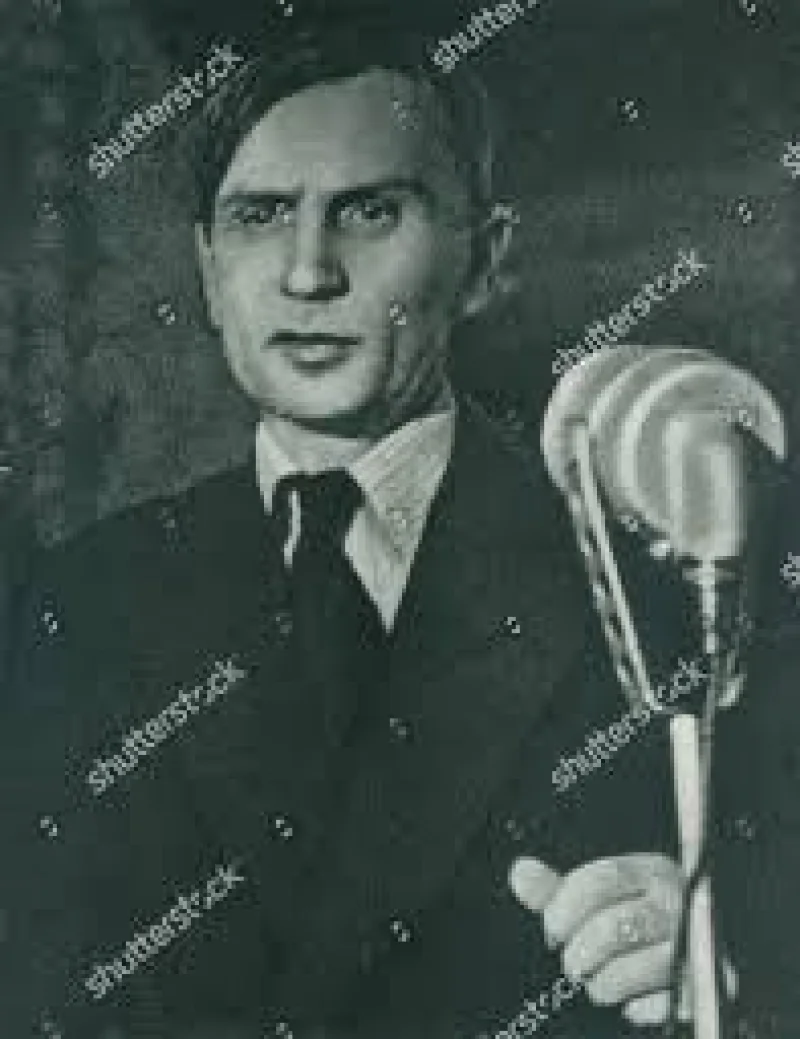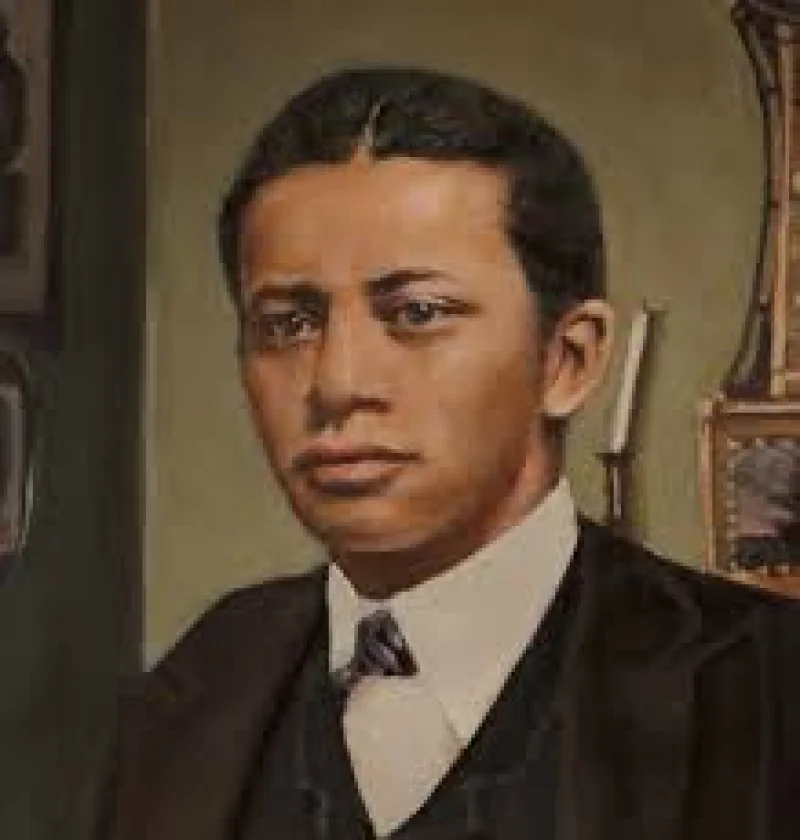Short Summary
Tycho Brahe was a 16th-century Danish nobleman and renowned astronomer, known for his precise and comprehensive astronomical observations. He is famous for developing astronomical instruments and compiling a detailed set of planetary data that served as a foundation for future astronomers, including Johannes Kepler. Brahe's work significantly advanced the understanding of the solar system and laid the groundwork for the scientific revolution in astronomy.
Early Life & Education
Born on December 14, 1546, in Knudstrup, Denmark, Tycho Brahe was the eldest son of Otte Brahe and Beate Bille, both members of noble families. He was raised by his wealthy uncle, Jørgen Brahe, who provided him with an excellent education. Tycho attended the University of Copenhagen at the age of 13, where he developed a keen interest in astronomy during a solar eclipse in 1560. He later studied at the universities of Leipzig, Wittenberg, Rostock, and Basel, where he honed his skills in astronomy and mathematics. His early influences included classical works by Ptolemy and Copernicus.
Career Highlights
Tycho Brahe's career was marked by his establishment of the Uraniborg observatory on the island of Hven, funded by King Frederick II of Denmark. At Uraniborg, he built large astronomical instruments and conducted precise observations of celestial bodies. His work led to the discovery of a supernova in 1572, challenging the Aristotelian belief that the celestial realm was unchanging. In 1599, he moved to Prague, where he became the imperial mathematician for Emperor Rudolf II. During this time, he collaborated with Johannes Kepler, providing him with the data that would lead to the formulation of Kepler's laws of planetary motion.
Major Achievements
- Built Uraniborg, the first custom-built astronomical observatory, advancing observational techniques.
- Compiled the "Rudolphine Tables," a comprehensive set of planetary observations and data.
- Discovered a supernova in 1572, challenging prevailing astronomical theories.
- Developed and used large, precise astronomical instruments to enhance data accuracy.
Famous Quotes
- "Now it is quite clear to me that there are no solid spheres in the heavens."
- "Those who study the stars have God for a teacher."
Interesting Facts
- Tycho Brahe lost part of his nose in a duel and wore a prosthetic nose made of metal.
- He kept a pet moose, which reportedly died after consuming too much beer.
- Despite his noble status, he preferred the pursuit of science over political life.
Legacy / Influence
Tycho Brahe's legacy lies in his meticulous astronomical observations and data collection, which significantly influenced the field of astronomy. His work provided the empirical foundation for Johannes Kepler's laws of planetary motion, ultimately contributing to the shift from the geocentric to the heliocentric model of the solar system. Brahe's dedication to precise measurement and observation set new standards in the scientific method.
FAQ
Q: Why is Tycho Brahe famous?
A: He is famous for his precise astronomical observations and contributions to the development of the heliocentric model.
Q: What was Tycho Brahe's most significant discovery?
A: His discovery of a supernova in 1572, which challenged existing astronomical theories.
Q: How did Tycho Brahe influence Johannes Kepler?
A: Brahe provided Kepler with precise data, enabling him to develop his laws of planetary motion.











